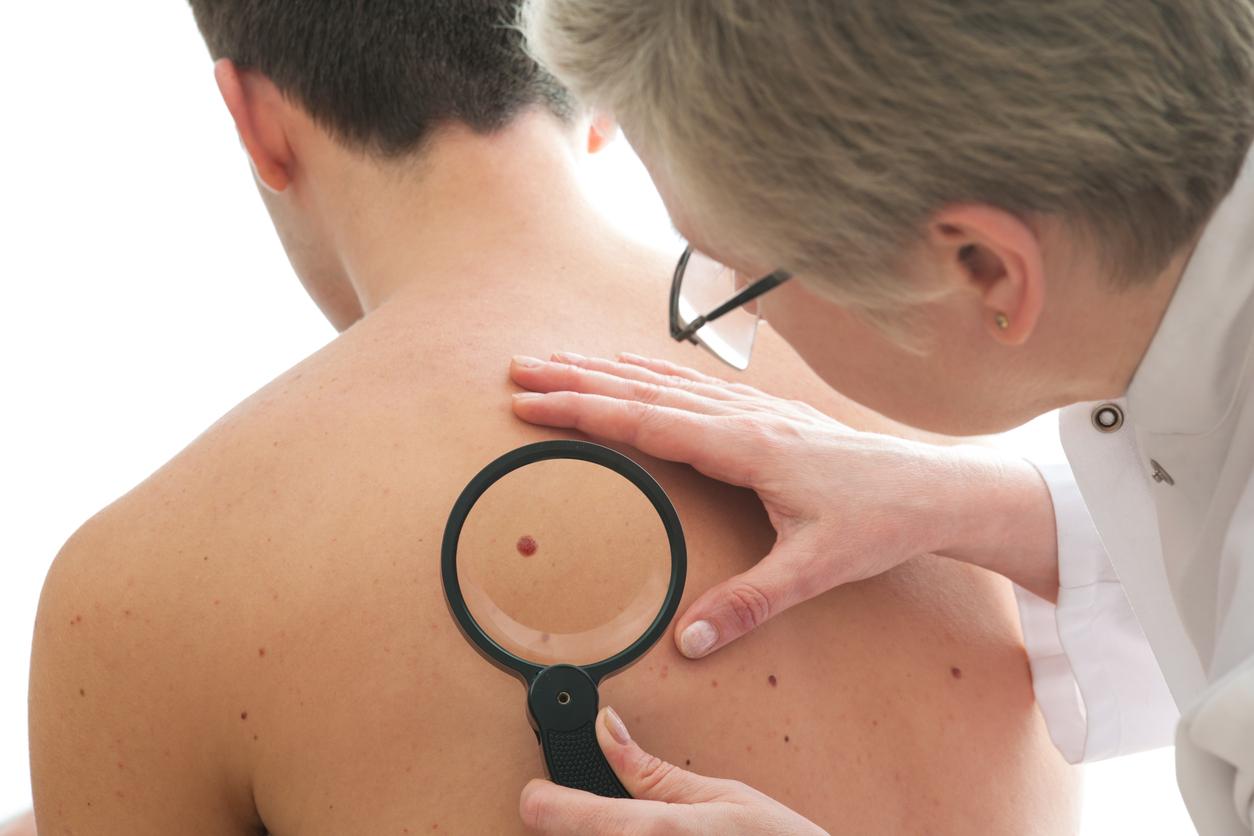Removal of the lymph nodes in melanoma patients does not show better efficacy on the chances of survival, according to a study.

Science is advancing and research on the effectiveness of clinical procedures is refined. A new study examines the value of removing lymph nodes near a tumor in patients with melanoma. The results, published in the New England Journal of Medicine, question the usefulness of such an intervention.
Melanoma is an aggressive cancer of the skin. Once diagnosed, it is customary to remove the lymph nodes around the tumor. These nodes are then biopsied to see if the cancer has started to spread. The objective is to prolong the life of patients thanks to a more complete diagnosis.

Invasive intervention
The latest work, carried out on nearly 2,000 melanoma patients, questions the real impact of this intervention on the chances of survival. Two groups of participants were thus formed, one undergoing lymph node removal and the other not. This is the largest study conducted to evaluate this procedure.
However, according to the observations of the researchers, the removal of the nodes does not bring improvement in the prolongation of the life of the patients, compared to those who do not undergo this intervention. In other words, this invasive procedure with potential side effects would be rather unnecessary.
Almost one in four patients who have had their lymph nodes removed suffer from lymphedema, a swelling caused by the accumulation of lymphatic fluid in the connective tissues. In the study, only 6% of participants who did not undergo lymph node ablation developed lymphedema.
Towards a “clear reduction” in ablations?
“The results of this study will translate into a marked decrease in the number of interventions in the world to remove lymph nodes near the tumor,” said the authors, from the Research Institute of the Cedars-Sinai Medical Center (Los Angeles).
Removing the lymph nodes can, however, allow doctors to refine their clinical assessment by determining the extent and duration of the tumor spread. These results should therefore be discussed in order to possibly review the recommendations and propose more effective protocols.
.















